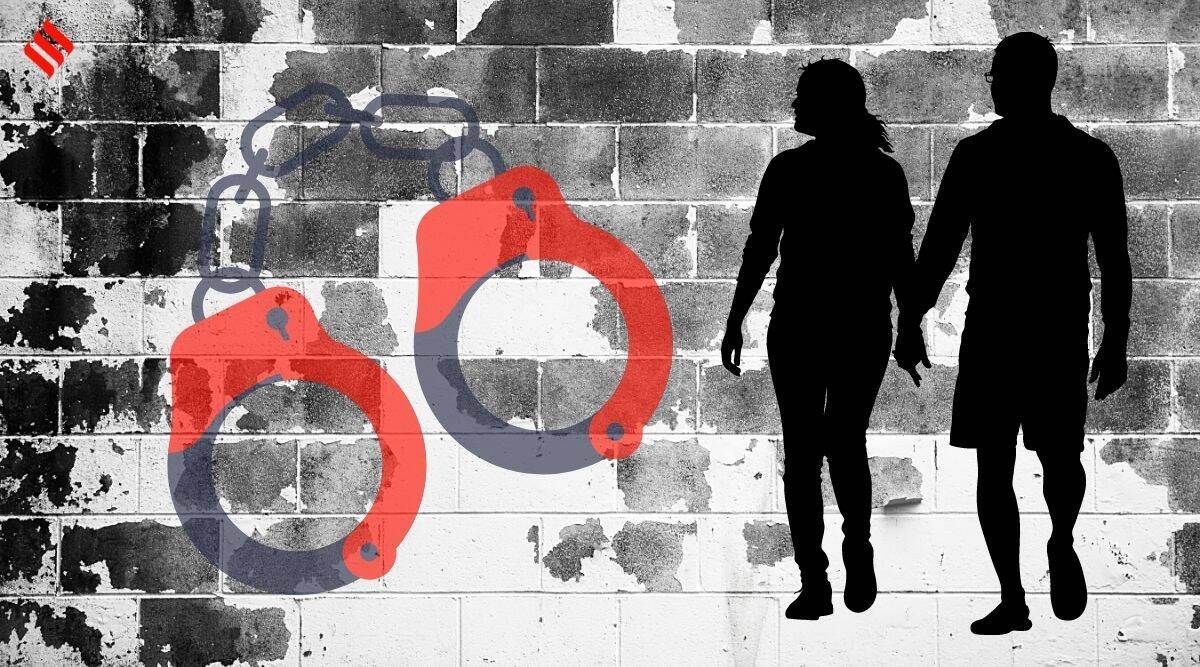Supreme Court to take up pleas against anti-conversion laws on January 6 Indian Express
31, Dec 2020
The plea says the right to convert oneself to another religion is manifested in Article 25 of the Constitution, but the “Ordinance and the Act impinge upon this right by imposing unreasonable and discriminatory restrictions…”

The Supreme Court is likely to take up on January 6 two petitions challenging the Constitutional validity of the anti-conversion laws passed in Uttar Pradesh and Uttarakhand.
As per the advance cause list, which shows the list of business of the court, the petitions – one by Advocates Vishal Thakre, Abhay Singh Yadav and Pranvesh, a law researcher, and the other by NGO Citizens for Justice and Peace (CJP) — against The Uttarakhand, Freedom of Religion Act, 2018 and The Uttar Pradesh Prohibition Of Unlawful Conversion Of Religion Ordinance, 2020 are listed before a bench headed by Chief Justice of India S A Bobde that day.
The plea by Thakre and others has contended the laws “curtails the Fundamental Rights of the citizen of India…disturbs the Basic Structure of the Constitution as laid down by the Law”.
The CJP plea says provisions of the Act and Ordinance violate Article 21 of the Constitution as it empowers the State to suppress an individual’s personal liberty. “The Act and Ordinance”, it submits, “seemed to be premised on conspiracy theories and assume that all conversions are illegally forced upon individuals who may have attained the age of majority”.
The two laws “are unconstitutional as both attempt to control the life of the residents of Uttarakhand and Uttar Pradesh and to not allow them to take charge of the significant decisions in their life”, the plea says.
Pointing out that Article 25 of the Constitution provides every individual the freedom of conscience and free profession, practice and propagation of religion, the plea says “the Sanatan Hindu faith while not obviously proselytizing have, also from the period of Early India to Medieval India, by co-option absorbed those from Adivasi, Indigenous and Subaltern Faiths that were not until this co-option ‘Hindu’” and “hence as a necessary corollary of the group right of a religion to propagate, an individual must have the right to convert to any religion other than his own”.
The plea says the right to convert oneself to another religion is manifested in Article 25 of the Constitution, but the “Ordinance and the Act impinge upon this right by imposing unreasonable and discriminatory restrictions…”
The laws view “all women including economically weak, marginalised, privileged women to be susceptible to illegal conversions”, the plea says.
Batting for promoting inter-faith marriages, the NGO added that “the laws which are anti-conversion are essentially crimes against the autonomy of women”.
The original piece may be read here










